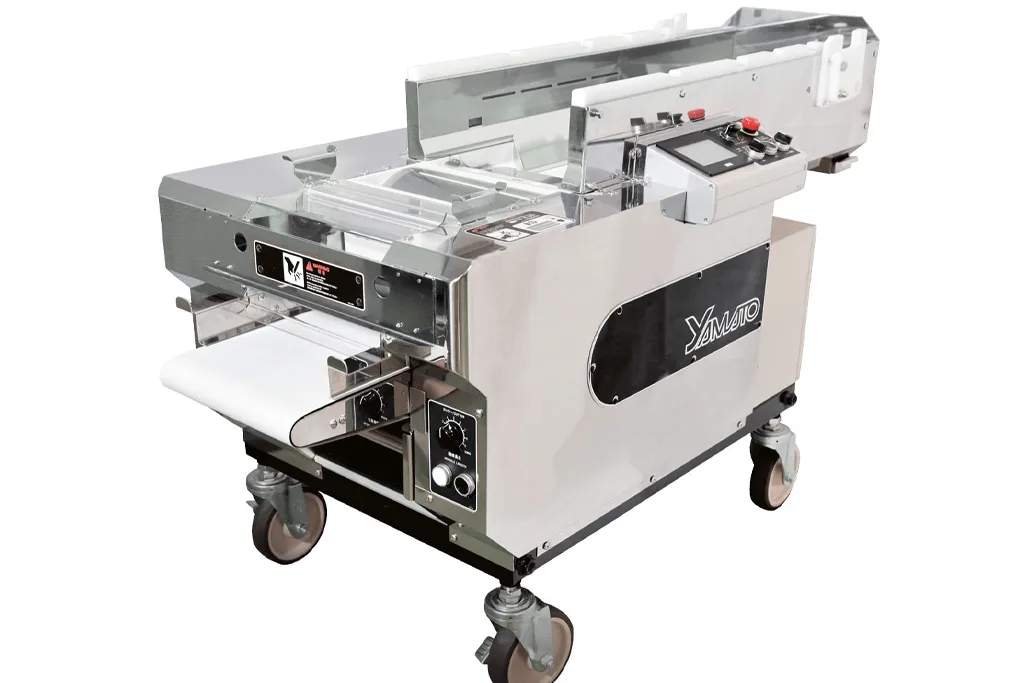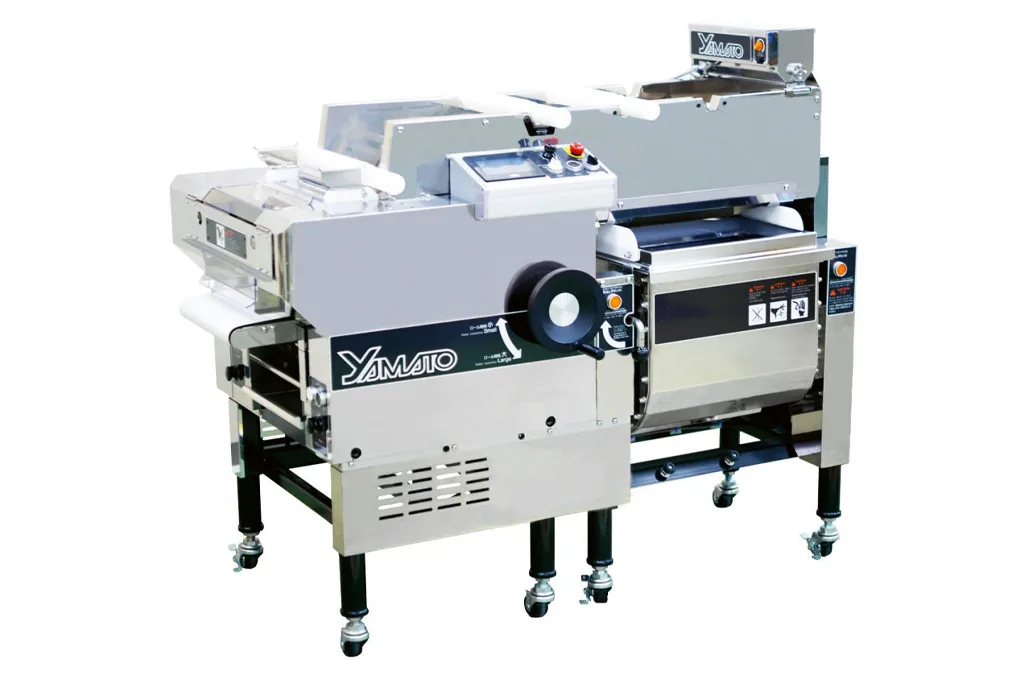“Even without experience, beginners can make excellent noodles with very little practice”
In conversation with Yamato Manufacturing’s CEO Kaoru Fujii, SIAL Daily discovered how Yamato is helping both novices and experienced chefs make their noodle businesses a success
Through the Yamato Noodle School, the maker of commercial noodle-making machines provides valuable training and consulting on udon, soba, and ramen.
How does Yamato’s noodle-making equipment cater to both beginners and experienced chefs?
For beginners starting a noodle business, it is essential to source delicious and high-quality noodles. We provide information on the key elements necessary for a successful noodle business, and offer guidance to beginners. We also teach them how to make delicious noodles at our various locations and online. Yamato noodle machines are designed to meet the expectations of both beginners and experienced chefs. Even without experience, beginners can make excellent noodles with very little practice. The machines are also designed to meet the complex demands of experienced chefs. We provide the knowledge and know-how to help experienced chefs evolve their business further.
To win and continue winning in the competitive food industry, it is crucial to create unique, high-quality products
Can you elaborate on Yamato’s approach to education through its schools and consulting services?
At Yamato Noodle School, we offer courses on udon, soba, and ramen, holding classes monthly at our two locations in Tokyo and in Kagawa. We also conduct noodle-making workshops at our four global locations – Amsterdam, Houston, Bangkok, and Seoul – and seven locations in Japan. Additionally, we offer online noodle courses, e-books, and textbooks. We provide these training opportunities and consulting services with the goal of ensuring our customers’ success. To win and continue winning in the competitive food industry, it is crucial to create unique, high-quality products, and we offer solutions tailored to each customer’s needs.
How does Yamato’s technology differentiate itself from competitors?
Even without a user’s guide, our machines can be used easily, and after just a few hours of practice, they can produce noodles of the same quality as those made by professionals with decades of experience. The machines are also easy to clean and durable. Since machine downtime can result in business revenue loss, we aim to create machines that won’t stop, or if they do, can be quickly restored. This requires not just robust hardware, but also a solid support system.
How important is menu development in the success of a noodle business, and what role does Yamato play in assisting with this aspect?
Developing a menu that minimises costs and maximises profit is crucial. To enhance the added value of a menu, not only taste and quality but also appearance and presentation play a big role. At Yamato, we teach this at our noodle schools, and by analysing menus, we support the development of more profitable menu items, and help with pricing strategies.
Can you discuss the role of sustainability in Yamato’s product development and business practices?
As a food equipment manufacturing company, we have always focused on food safety and the safety of workers using our machines. Going forward, we will continue to make even greater efforts in these two areas.


Click here for the brochure
Ramen, a global trend
The global interest in Japanese ramen has been on the rise in recent years, but as Mr Fujii points out, the noodle dish is by no means a new culinary creation. “The culture of ramen, which originated in China 4,000 years ago, was introduced in Japan 170 years ago.” Making ramen noodles using a machine also dates back to long ago. “Around 140 years ago, the noodle-making machine was invented in Japan, leading to the creation of various types of ramen noodles that couldn’t be made without such a machine.” Desite its long history, for Fujii ramen preparation will continue to progress to become more and more aligned with changing consumer demands. “By creating healthier and more sustainable ramen, we believe ramen will evolve to suit the future, leading to even greater growth.”
